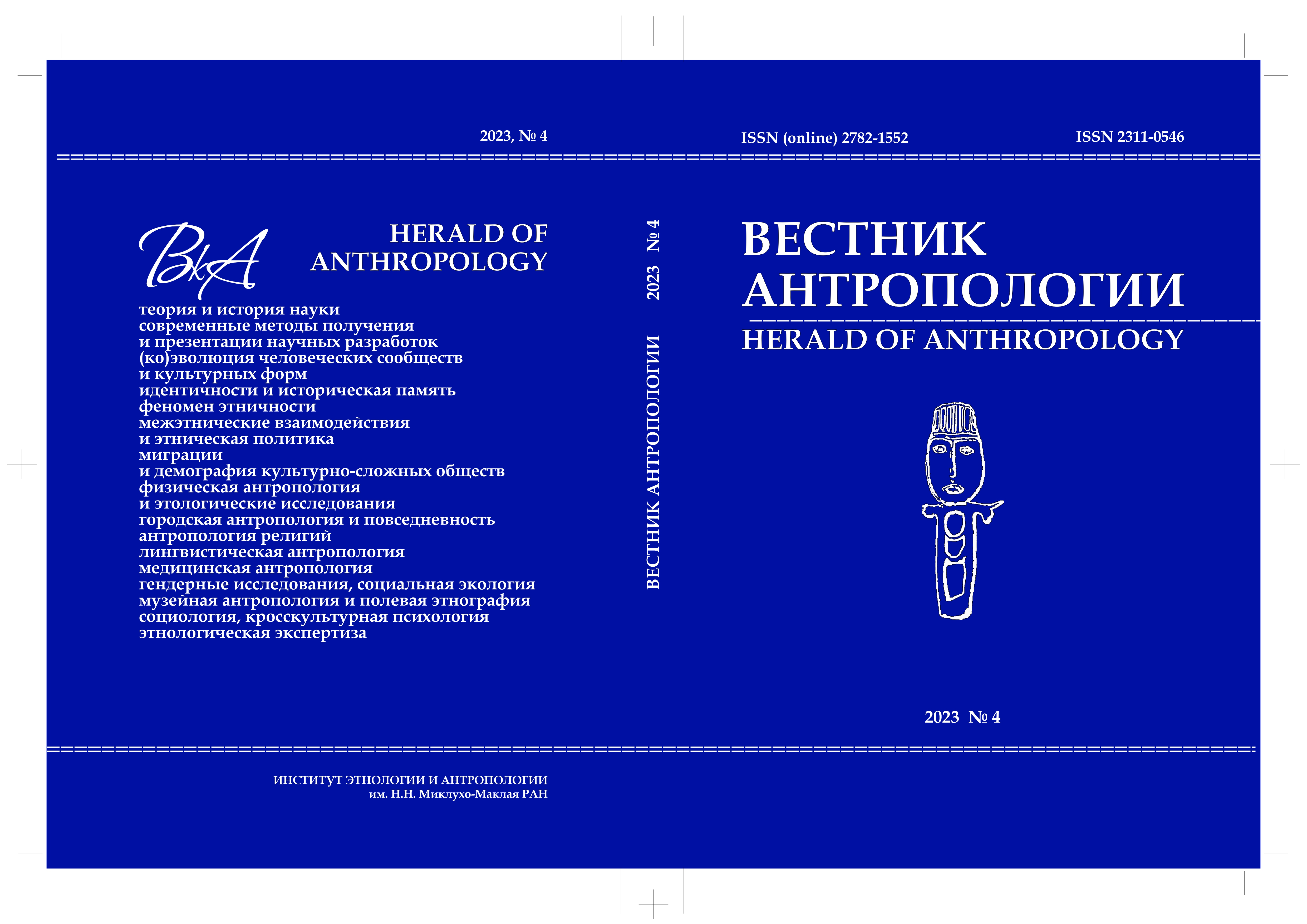"From Experimental Saliva to the Doctrine of Personality". What Prevented Pedology from Becoming the "Queen of Sciences" in the USSR in the 1920s–1930s.
DOI: 10.33876/2311-0546/2023-4/252-264
Keywords:
education in the USSR, pedology, K. D. Ushinsky, historical pedagogyAbstract
The article provides an analysis of alternatives for the development of the education system in the USSR in the 1920s-1930s. Based on a comparison of two trends in the educational impact on the younger generation in the framework of the formation of a "new person", the authors come to the conclusion that there was a conflict of worldview attitudes caused by different understandings of the "soul". Attempts to form a "new man" based on a predominantly physiological interpretation of the personality structure, undertaken by domestic pedologists, were in the mid-1930s claimed not corresponding to the humanistic components of socialist morality. The revealed relationship between pedology and the so-called "negative" eugenics provoked its ban. On the eve of the world war, the authorities curtailed all radical experiments in the field of upbringing and education and to a large extent "rehabilitated" not only the classical forms of influencing the younger generation, but also the content aspects of educational policy. The appeal to the national historical tradition in education was expressed, in particular, in the return of the non-material value category of “soul” to the pedagogical discourse with a positive connotation. The "animation" of education again becomes the unofficial basis of its socialist content. The theoretical foundation for the revival of the humanistic approach to education was provided by the works of K.D. Ushinsky.





















